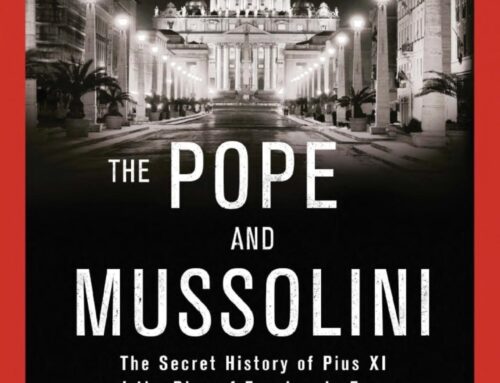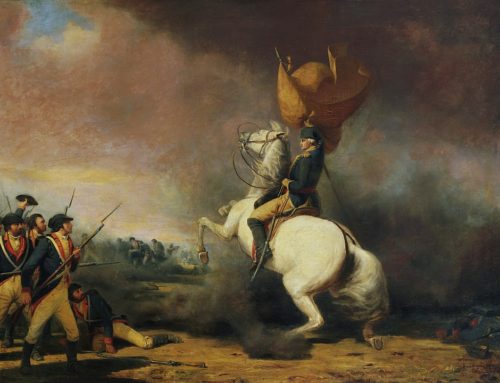By Andrew Nagorski
My sister, (Joella Werlin) knowing of my ongoing interest in World War II, sent me, The Nazi Hunters. While the book was not easy reading, it did provide me some interesting insights into the efforts in prosecuting Nazi war criminals.
In brief, key figures in Great Britain, the Soviet Union, and the United States held significantly different attitudes toward prosecuting the lower-ranking perpetrators. As early as 1945, Senator Robert Taft—Mr. Republican—felt that punishing Nazis was merely victors’ revenge. By 1948, the prevalent attitude both in the United States and Great Britain was we needed the support of West Germans in combatting the threat of communism. (In retrospect, the idea that we could not pursue criminals and combat communism simultaneously is absurd.) At times, the United States Army, the CIA, counter-intelligent services, and even the immigration department either openly helped facilitators of the holocaust either immigrate to the United States or relocate to Latin America. The prevalence of right-wing dictatorships in Latin America provided refuge to these nefarious people. Sadly, anti-communist Catholic bishops and priests provided refuge and cover for even some of the most notorious Nazis, despite the latter’s brutal treatment of church officials from 1933-1945.
Many years were lost and thus most of the low-level Nazi war criminals escaped prosecution. However, as time passed, the belief that it was important to provide justice for the victims gained acceptance. Belatedly, under the leadership of Eli Rosenbaum, who rose to head the US Justice Department’s Office of Special Investigations, his department sought to expel war criminals that lived in the United States.
Nagorski provided insights into the gritty determination of the Nazi hunters. Ironically, cooperation between the Nazi hunters was marred by recriminations, especially over the issue of credit for tracking down criminals.
Since the death of Simon Wiesenthal’ (the most famous Nazi Hunter) his legacy has suffered. That is, while Wiesenthal spent 60 years in tireless searches ferreting out Nazi war criminals, it is now recognized that he took credit for the achievements of others, antagonized people who shared his goals, and used questionable methods.
More than 70 years after the end of World War II, even the lowest guards at concentration camps are in the 90’s. Thus, well-meaning people are concentrating on creating holocaust museums in order to prevent such barbarity from recurring. The record of stopping human abuses is an indifferent one given the atrocities in Cambodia, Yugoslavia, and much of the African continent since 1945.
Nevertheless, we need to be vigilant in stopping genocide. Several weeks ago, we commemorated September 11th, when some 3,000 people died. A haunting number is that from 1939 until 1945, 3000 Jews were killed every day.



